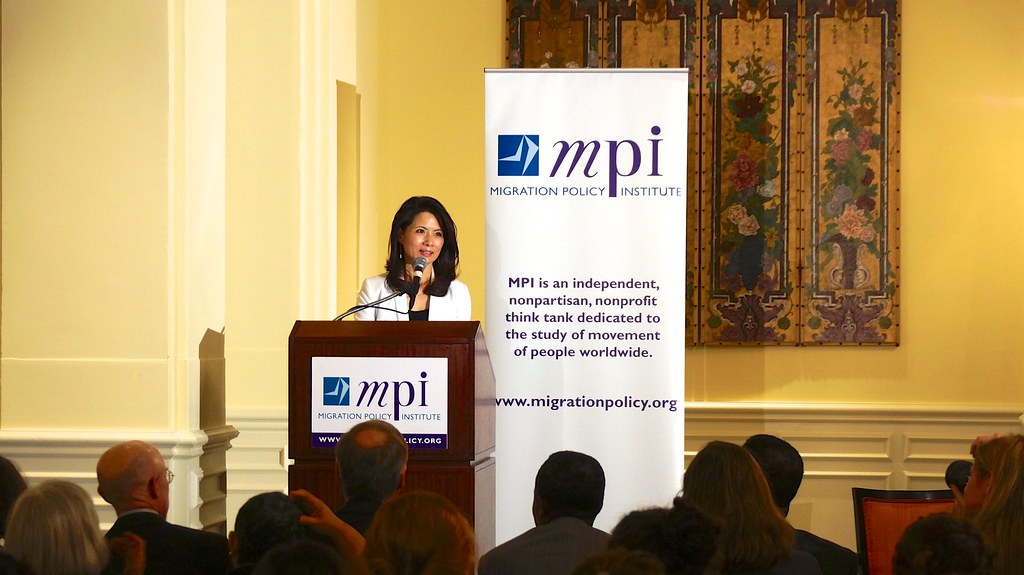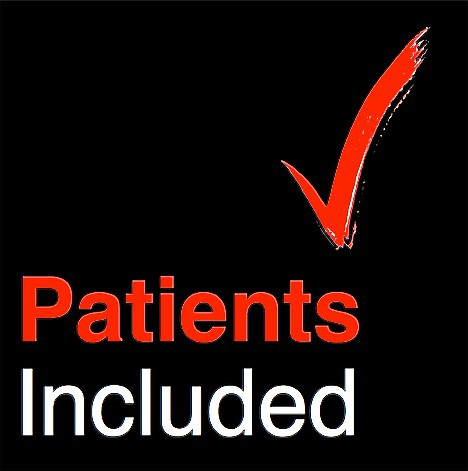
Gayle Tang, Senior Director, National Diversity and Inclusion, accepts the award on behalf of Kaiser Permanente (View on Flickr.com)
Although I am one to mention all of the things I wasn’t taught in medical school, interacting with a professional language interpreter was something I was taught in medical school, and it had a huge impact on me. This goes to show that even the briefest of training early in one’s career can make a big difference…
Last week, I got to observe Kaiser Permanente receive the E Pluribus Unum Prize Corporate Leadership Award. As quoted from: Kaiser Permanente Share | Kaiser Permanente Recognized with Corporate Leadership Award for Providing Culturally and Linguistically Appropriate Health Care and Services
The Migration Policy Institute (@MigrationPolicy) has awarded Kaiser Permanente with the prestigious E Pluribus Unum Prizes’ Corporate Leadership Award, recognizing the organization’s leadership in immigrant integration and providing culturally and linguistically appropriate health care and services.

National Diversity and Inclusion Conference – Earns the Badge View ‘Patients Included’ on Flickr.com
Recently, I helped facilitate a panel of our members at our National Diversity and Inclusion conference, which included a member with limited english proficiency. It was a great experience for me. Gayle Tang (pictured above) and colleague Jane Tong Delore L.Ac, provided professional interpretation in the setup and during the session. As with so much other work I have done with diverse populations, it is great to see the impact of involving a person fully in an experience, whether it be to prepare for a session on stage or to engage in their health.
Even though I was taught about professional interpretation in medical school, I think an unintended perception that was left was that this type of service is costly and slows things down. The reality of my experiences and this work is that respect and accommodation at the outset results in a more accurate diagnosis and effective treatment approach, which means speeding the time to recovery, and more importantly to life. Just like the other vulnerable populations I have worked with…
In prep for the panel, I recalled a quote from 1966’s “A Fortunate Man,” (Now Reading: A Fortunate Man: The Story of a Country Doctor, by John Berger | Ted Eytan, MD) which provides an important reminder about the value of respect in the era of HIT (in the decade of the patient).
It may be that computers will soon diagnose better than doctors. But the facts fed to computers will still have to be the result of intimate, individual recognition of the patient.
You can read more about the Qualified Bilingual Staff Model & Program at its website. Thanks, Gayle and the Kaiser Permanente National Diversity and Inclusion team for connecting doctors, nurses, and staff to experiences that teach us that while our patients have a lot of differences, they have a lot of needs in common, and they are a lot smarter than we sometimes give them credit for :).
2013 E Pluribus Unum Prizes Awardee Panel Discussion from Migration Policy Institute on Vimeo.